Once upon a time, we were led to believe that scientific theories were carved in stone. Aside from being a budding scientist determined to disprove the roundness of the earth, who were we to argue? In more recent years, Americans have become more skeptical of science and started questioning the validity of many well-known experiments. Let’s take a look at some of the reasons why.
Knowledge Surfing
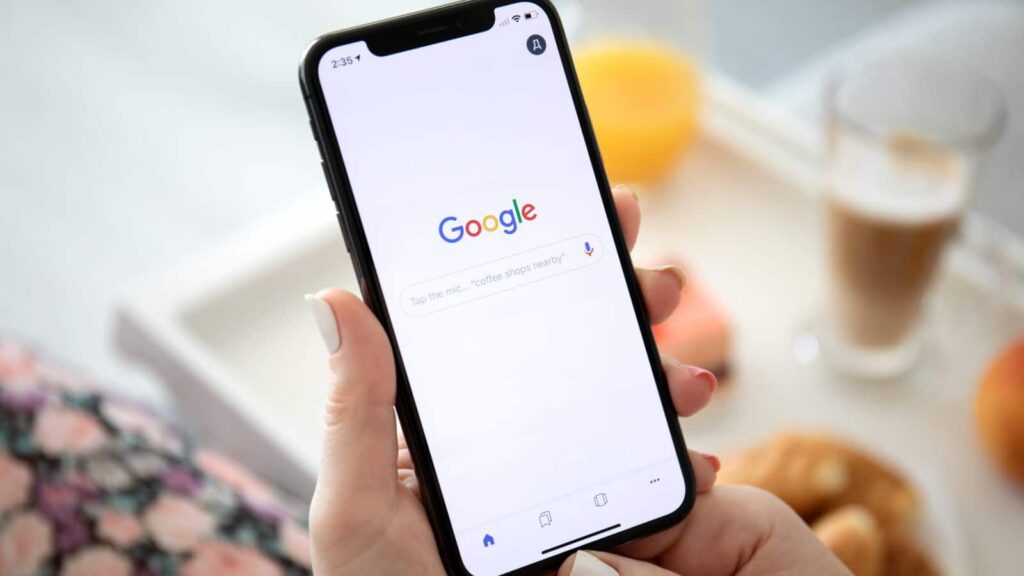
Just because a scientist has over 40 years of education, experience, and experimentation behind them doesn’t mean they’re smarter than Google. Many people believe a quick internet surf will educate them on everything they need to know without the controlled experiments and the white coats. Public opinion outranks science nowadays, and that has a lasting ripple effect.
Conflicting Findings

One minute, you shouldn’t eat butter; the next, it’s better for you than margarine. What about red meat? Good for us in moderation, or a heart attack waiting to happen? We don’t even know anymore. Americans are exhausted from the constant flip-flopping with theories despite the certainty that we’re promised each time a new one appears.
Fake News
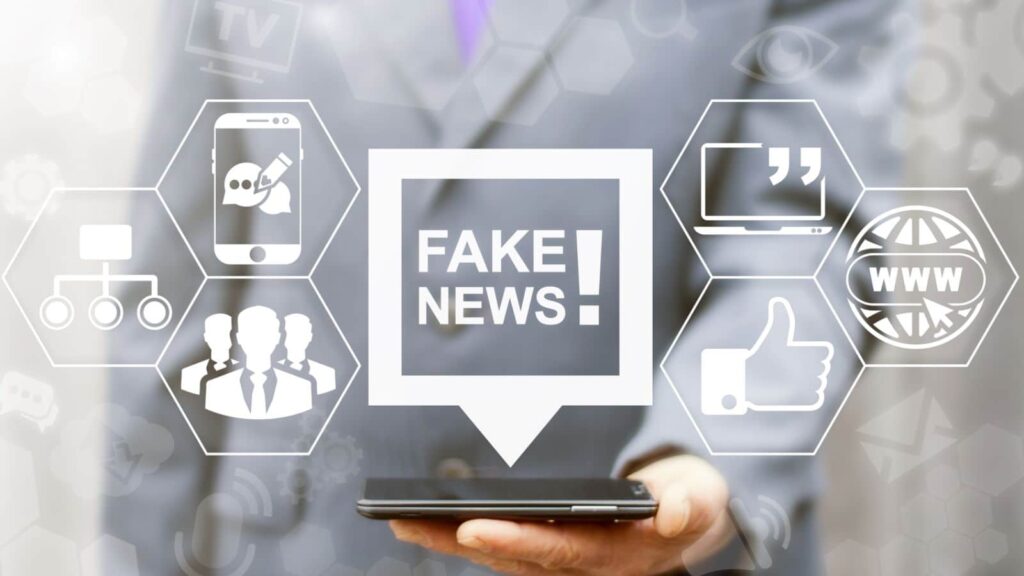
Headlines are designed to shock, not inform. There’s always breaking news about some newfound theory, and it’s hard to know whether to trust it or not. Is it media sensationalism, or are there valid foundations? With media outlets desperate to sell stories, who knows if we’re simply the pawns?
Big Pharma Distrust

Public trust in Big Pharma has waned due to perceptions of profit-seeking and data concealing amongst pharma manufacturers. Many people are concerned that there are dubious intentions behind medications and vaccines, supported further by unsuccessful drug trials. When a new theory is announced surrounding pharmaceuticals, it’s hard to know if it’s a ploy for them to make money.
Political Allegiance
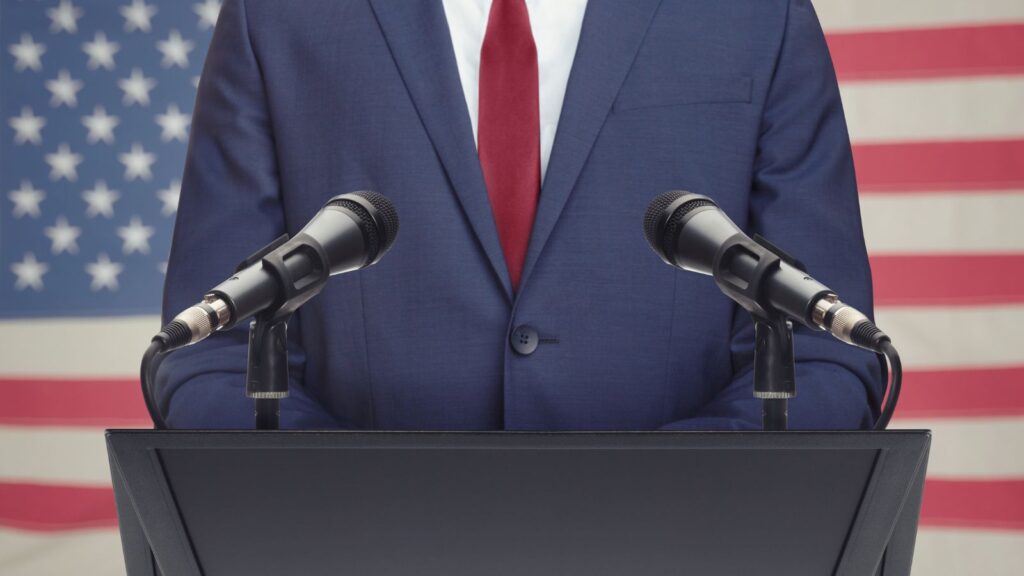
Science has become a game of politics. If your favorite politician says climate change isn’t real, you’re more inclined to believe them over scientists, particularly if you’re backing the underdog. There’s also an element of trusting a scientist who supports our chosen political party, which can lead to cherry-picking theories.
The DIY Health Movement
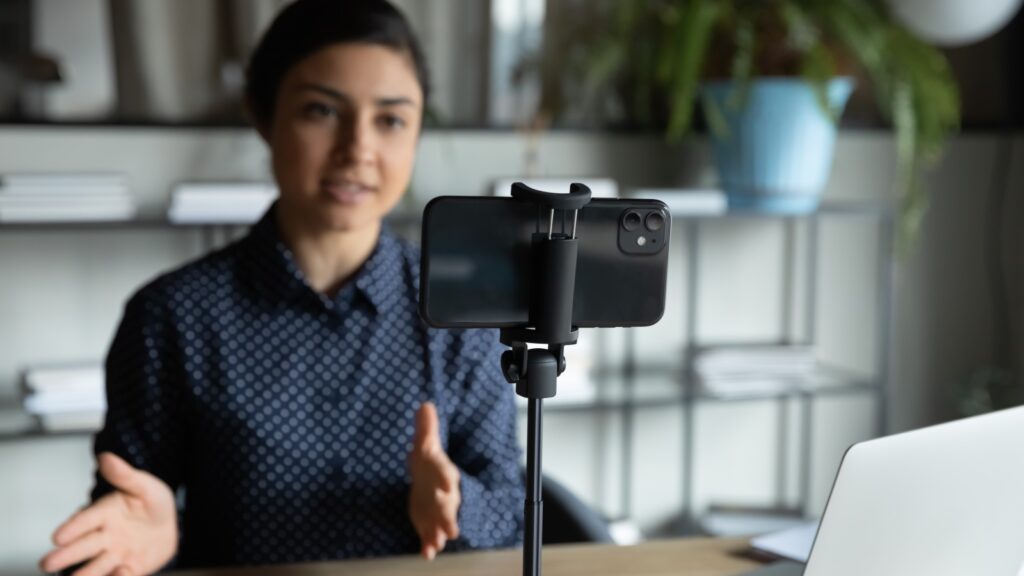
Social media is busting with well-being gurus who have their own theories about what works and what doesn’t. Why trust a doctor when a wellness influencer with 2 million followers suggests a juice cleanse? While it’s great to have access to new ideas and theories, it can lead to biases and a false understanding of information.
Historical Scandals
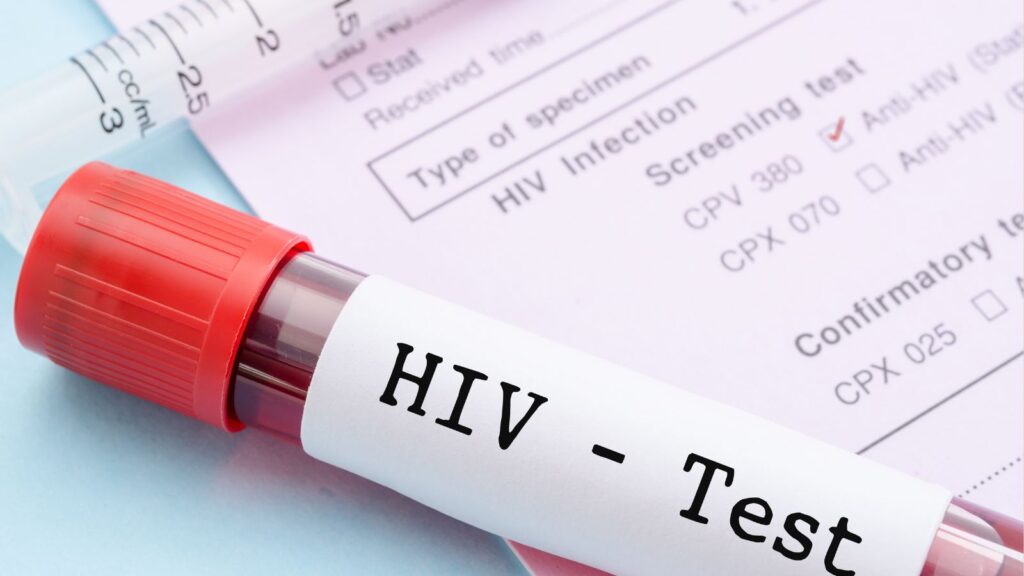
Unfortunately, history is littered with scientific missteps that have shattered public trust over the years. From the HIV-tainted blood scandal in 1980s Japan to the Thalidomide birth defects scandal during the late 1950s, these vast errors make it hard for some to embrace modern science.
Science is Hard

One of the biggest issues surrounding scientific theories is a general lack of understanding. Aside from those who are scientifically minded or inclined, many of us find complicated science theories difficult to grasp, making them easier to reject. If a theory sounds like gibberish, it’s tempting to dismiss it altogether.
Celebrity Endorsements of Pseudoscience

The public is more inclined to follow a celebrity who possesses the skin or physique that they dream of. When Gwyneth Paltrow said a jade egg would increase sexual energy, it didn’t seem to matter that it contradicted the advice of a highly qualified and experienced gynecologist. Suffice it to say, it came under scrutiny. Celebrities wield immense influence, often steering people away from the scientific consensus.
Echo Chambers

If you’ve ever noticed that social media mirrors something you’ve said aloud or recently searched for, it isn’t the work of an alien life force. It’s more sophisticated than that. Social media algorithms feed us what we want to hear. It’s easy to see how this can send people down a rabbit hole.
Instant Gratification Culture

Science takes time to evolve, and in a world that yearns for instant answers, waiting years for conclusive research feels like an eternity. People want quick fixes, not lengthy studies.
Correlation vs. Causation

When two things happen together, it’s easy to assume that one caused or solved the other. Sadly, that isn’t always the case, which is why scientists spend years experimenting in controlled environments. Correlation is often mixed up with causation, for example, ‘My headache went away when I started using essential oils, so oils must cure headaches.’ It isn’t as cut and dry as that, hence leaving it to the experts.
Lack of Transparency
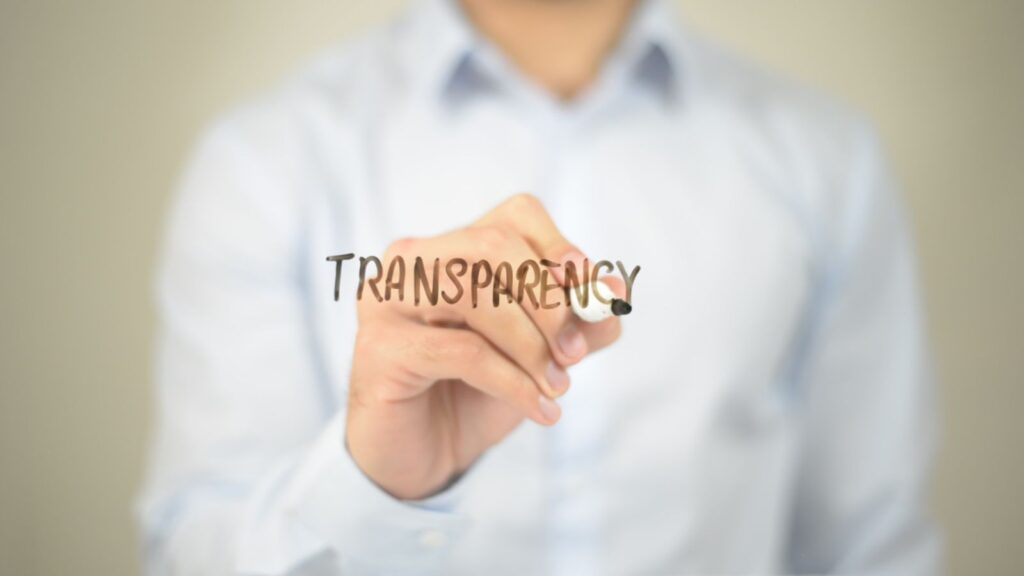
When studies are funded by anonymous sources or results are hidden behind paywalls, it fuels public suspicion. People tend to question what’s being hidden and wonder if they’re being tricked by self-serving bodies. The public likes to see the evidence behind policy decisions to help understand their motivation behind it. When their findings are veiled, there is a lack of trust.
Fear of the Unknown

With our limited understanding of science, it can be nerve-wracking when it delves into the unknown. Often, it’s more comforting to cling to familiar, albeit incorrect, beliefs than embrace new ones.
Overconfidence Bias
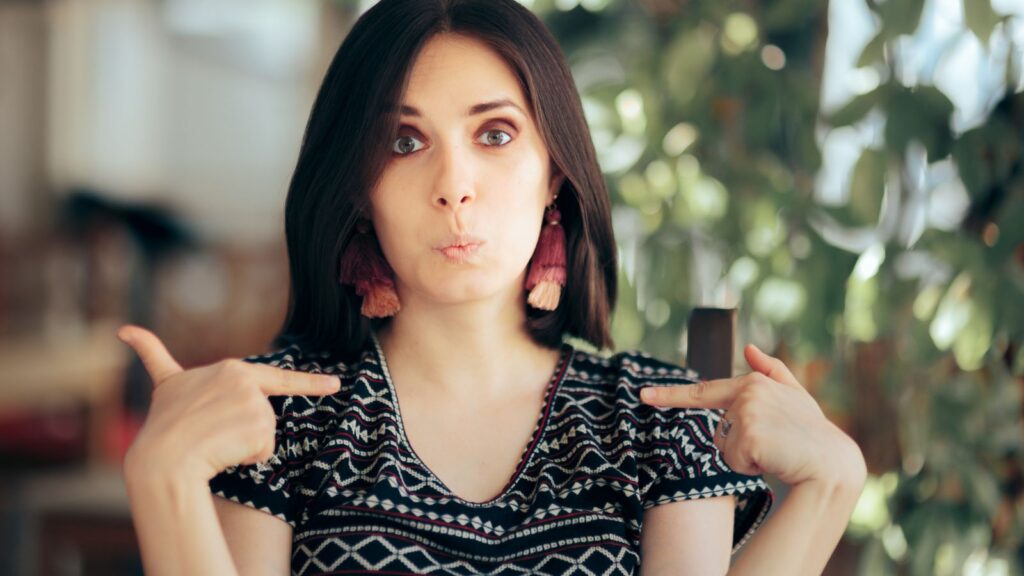
Certain individuals can overestimate their knowledge. If you’ve ever come across someone who claims to know all the answers and they’re not prepared to compromise, they could be exhibiting the Dunning-Kruger effect. These individuals believe that their limited understanding is on par with expert knowledge, which is quite the opposite.
Cherry-Picking Data

People love to cherry-pick data that supports their preconceived notions. Whether it’s based on something their favorite celebrity said, or they saw it on a website they follow daily, they’ll choose to ignore a mountain of evidence against their belief and embrace the words and advice of what suits them.
Conspiracy Theories
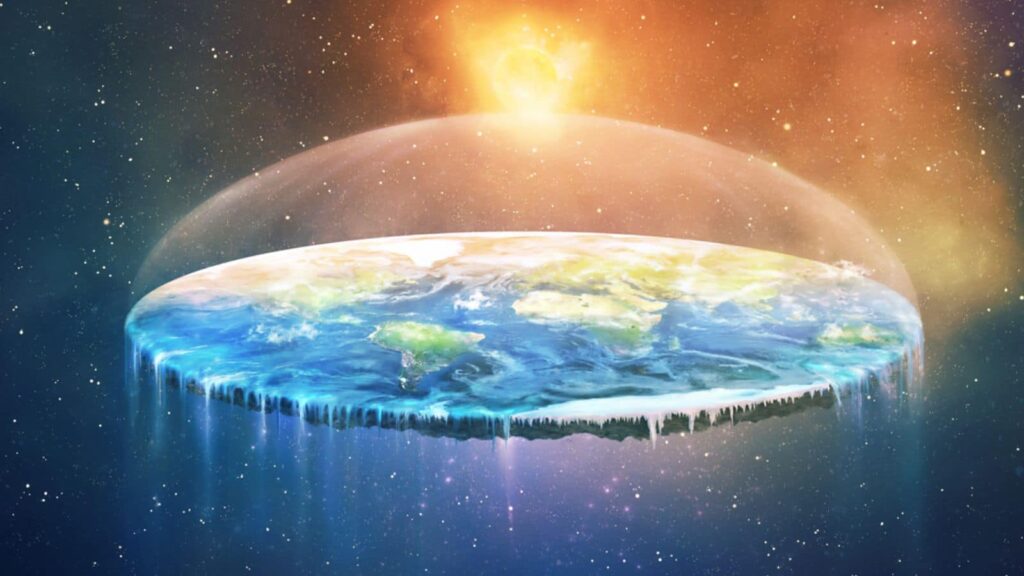
From flat Earth to moon landing deniers, conspiracies are more rife than ever before. In many ways, they offer simple answers to complex questions and offer an alternative view to commonly believed theories. While they serve to make people believe they’re proactively thinking outside the box, they can easily send people down a dark rabbit hole where they trust nothing and no one.
30 Traditional Sayings That Are Now Considered Offensive by Woke Culture

30 Traditional Sayings That Are Now Considered Offensive by Woke Culture
21 Habits Often Associated With Having a Lower Social Status

21 Habits Often Associated With Having a Lower Social Status
25 Social Issues Gen Z are Determined to Cancel

